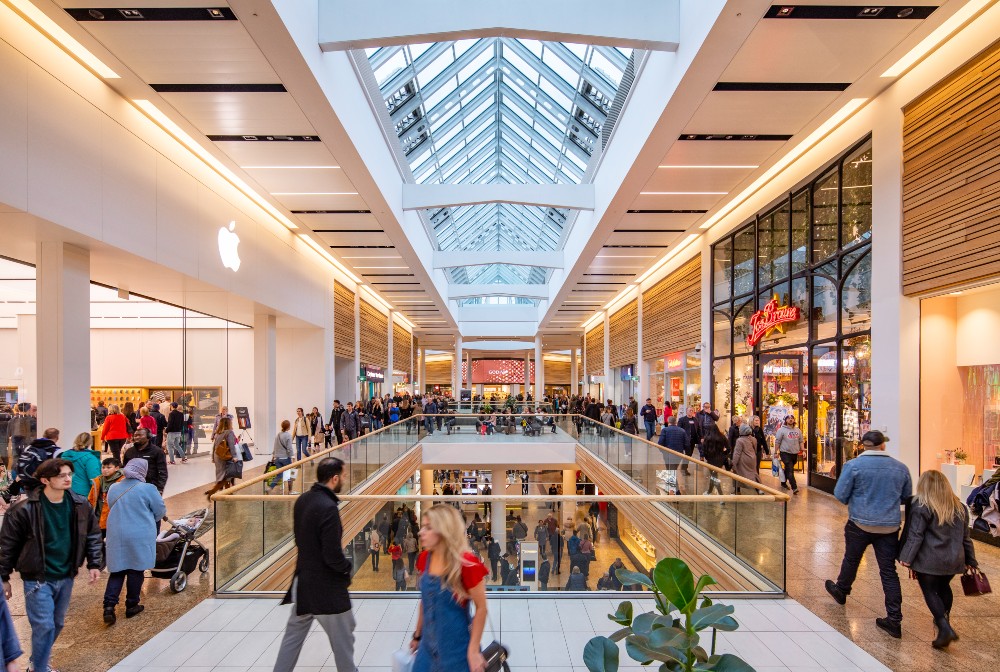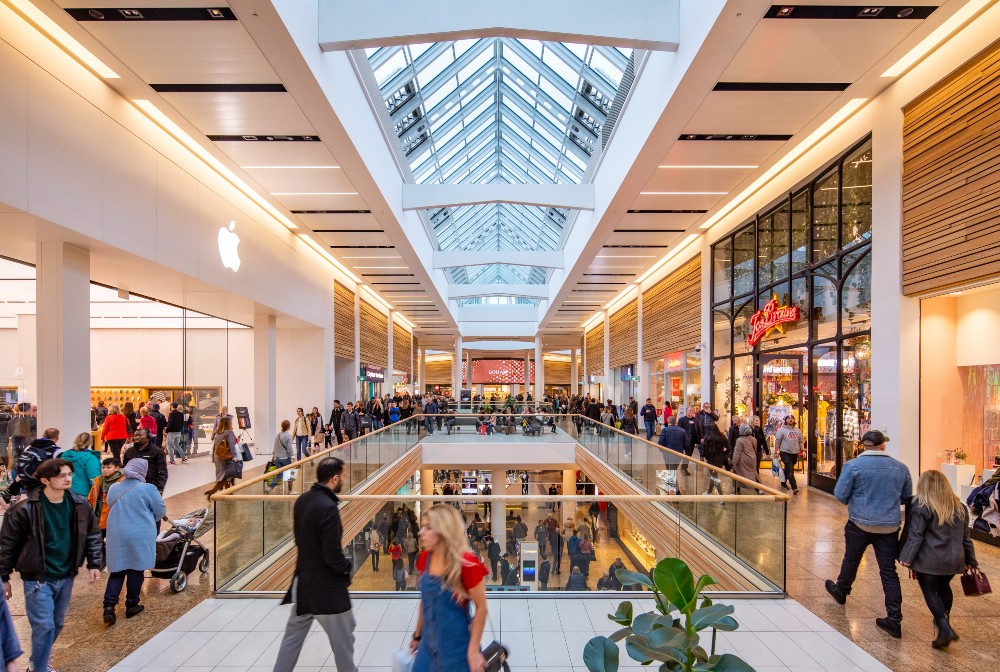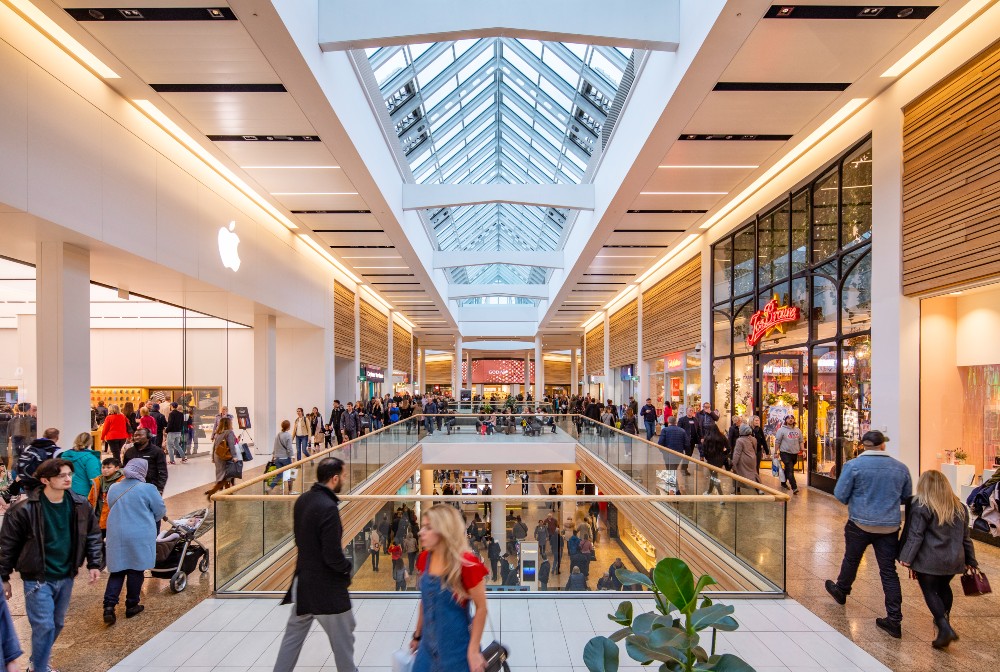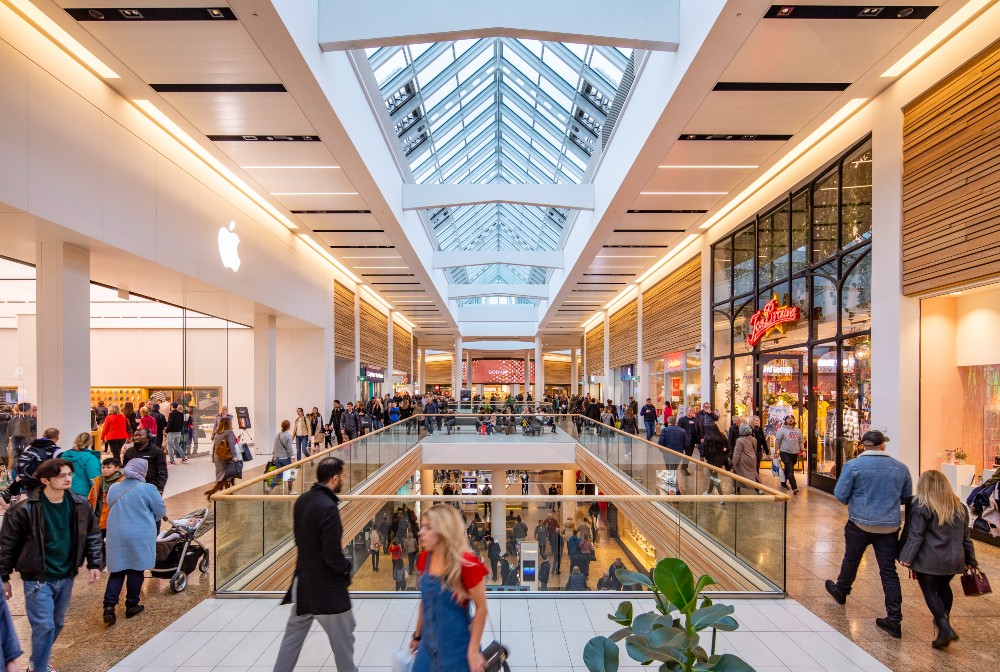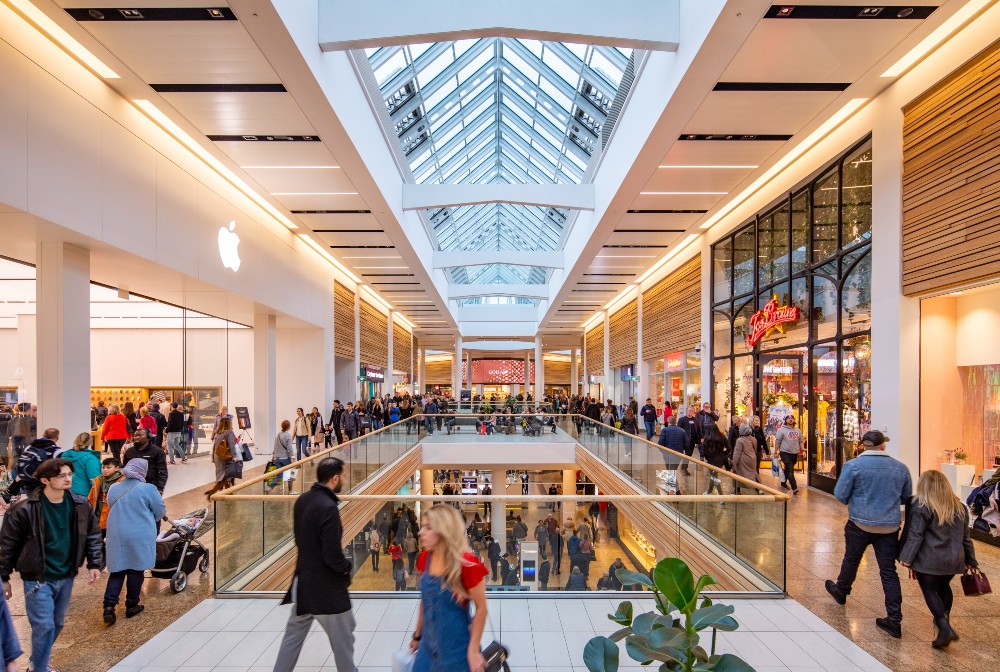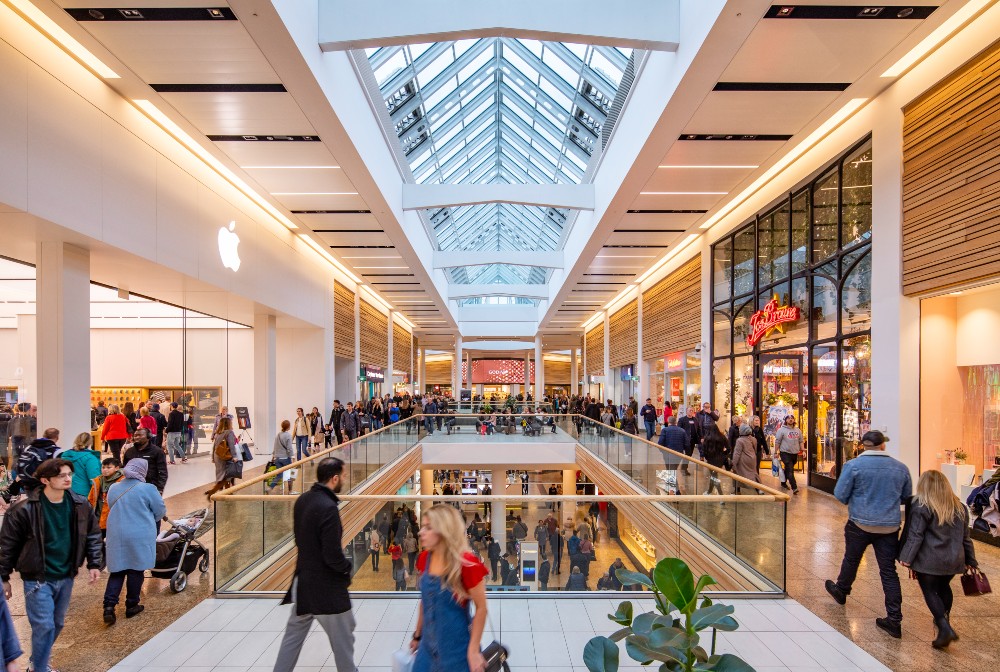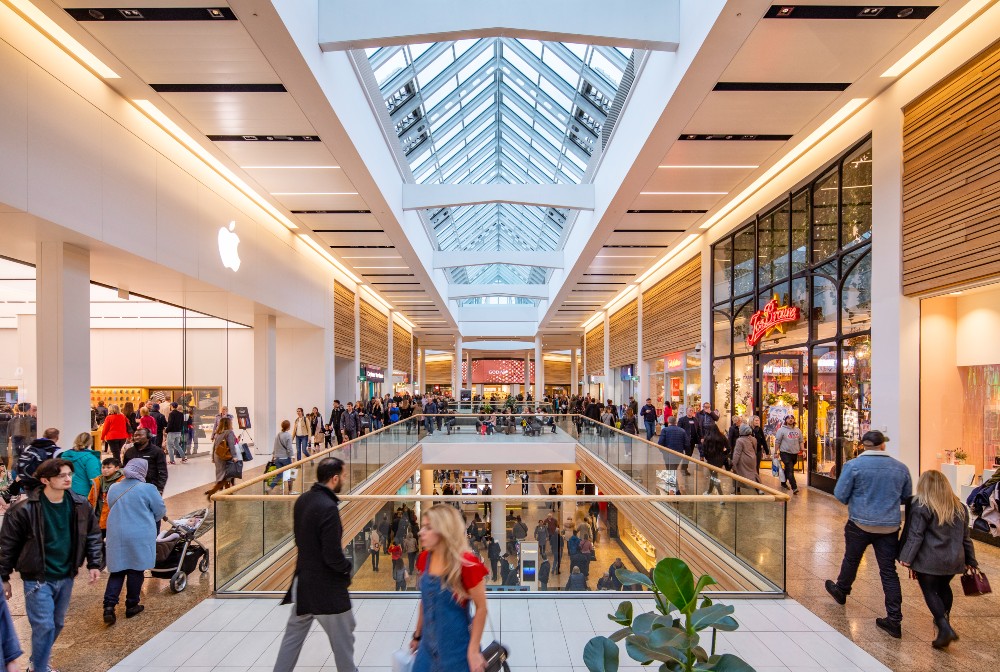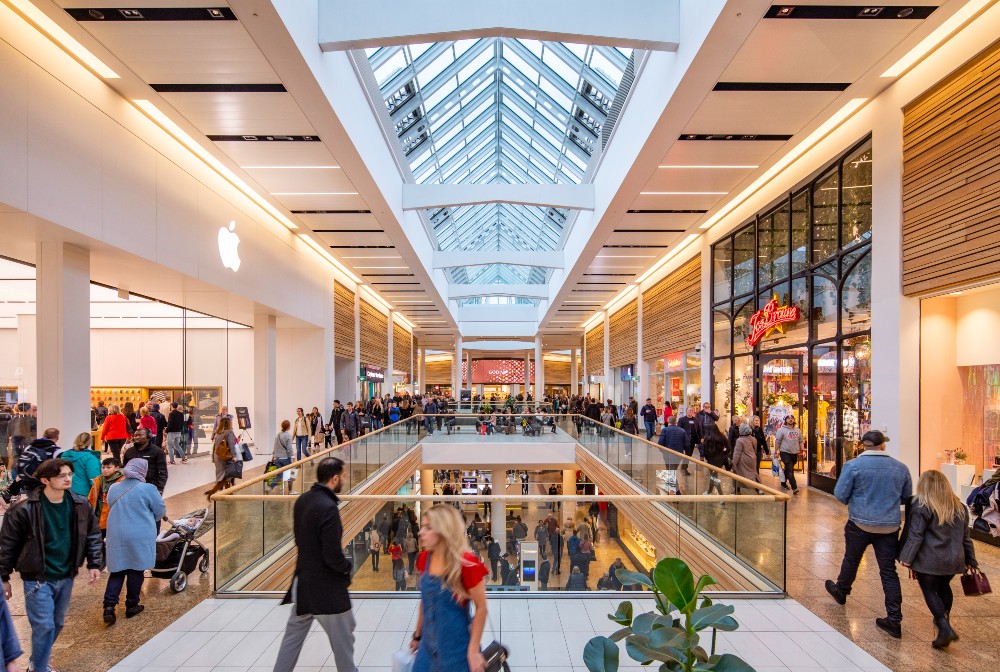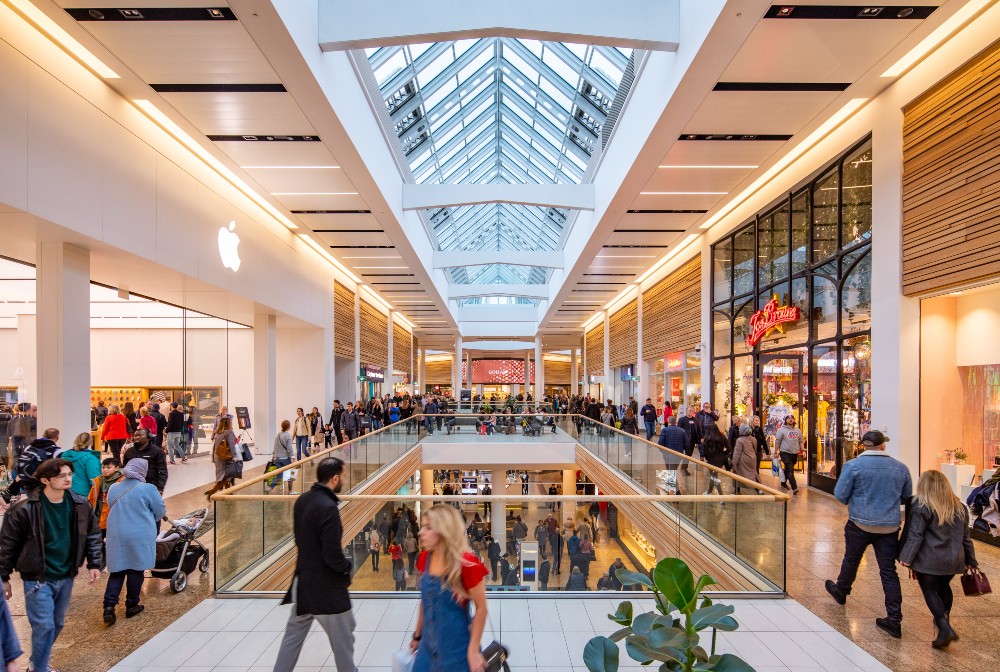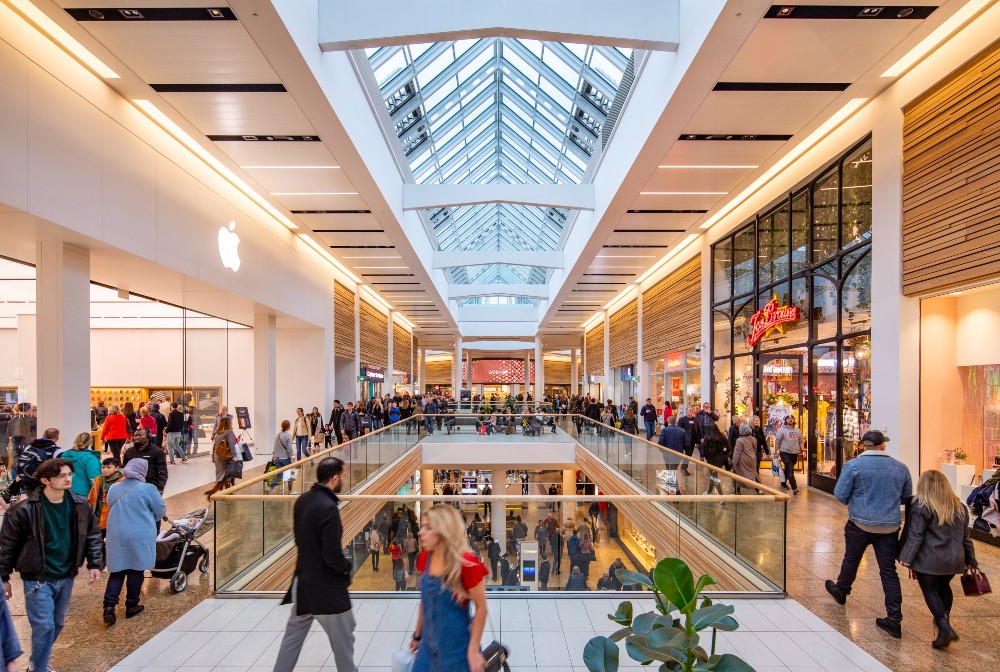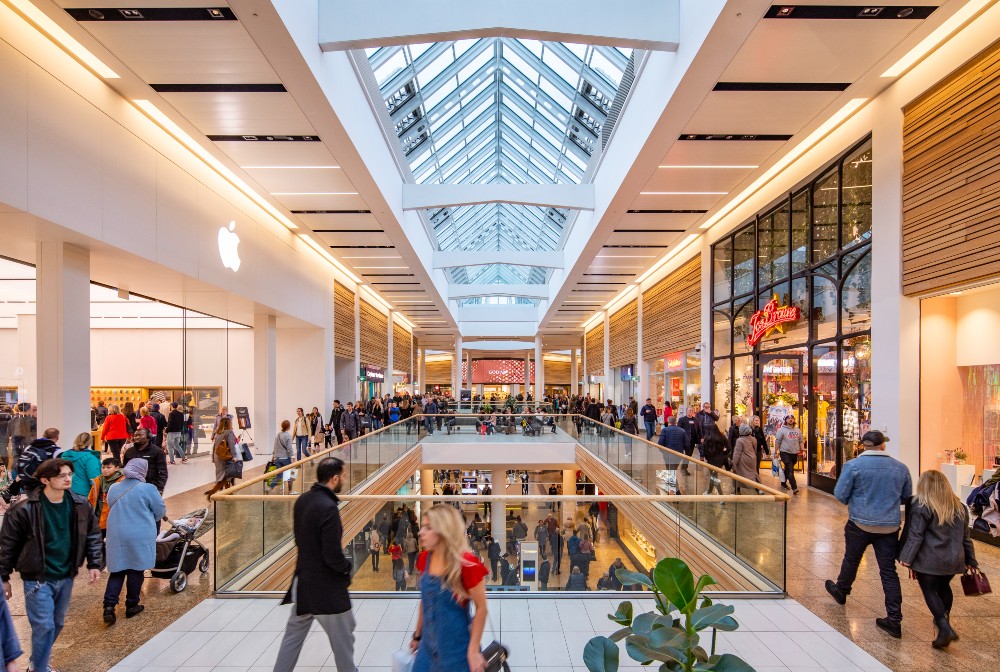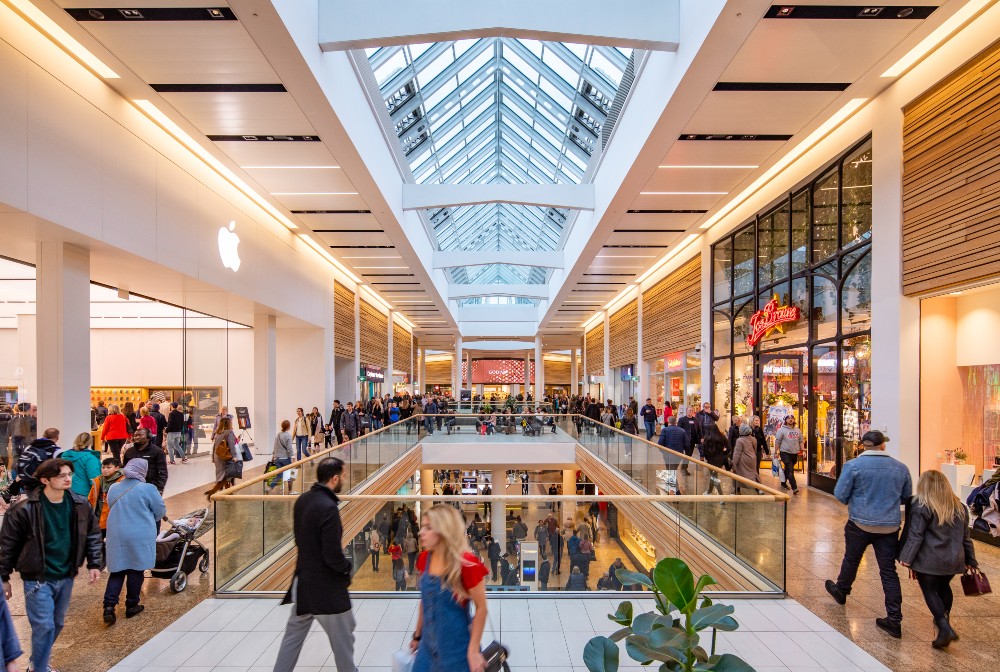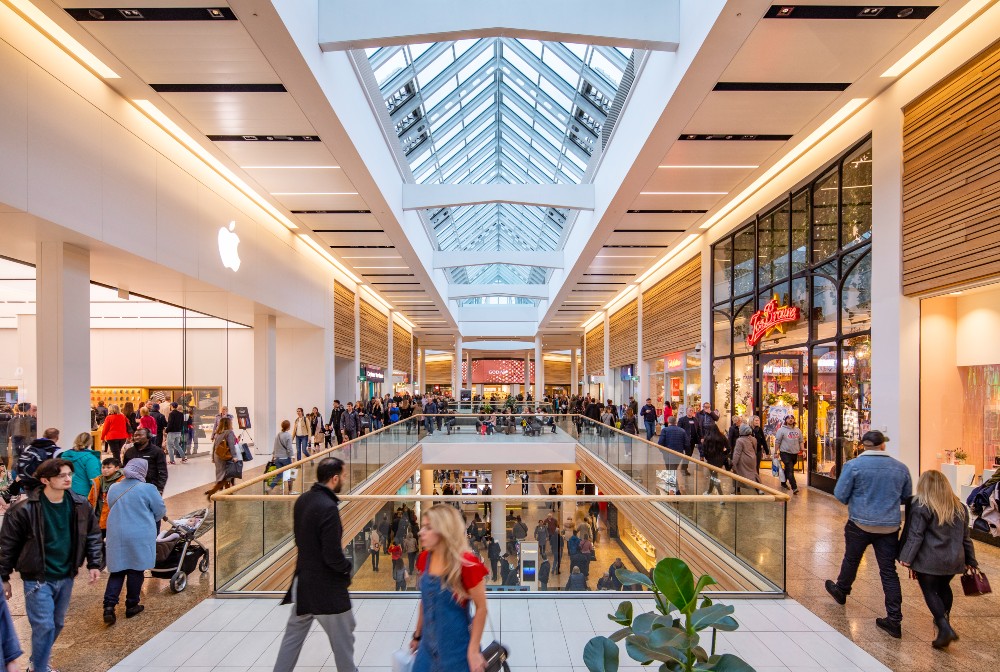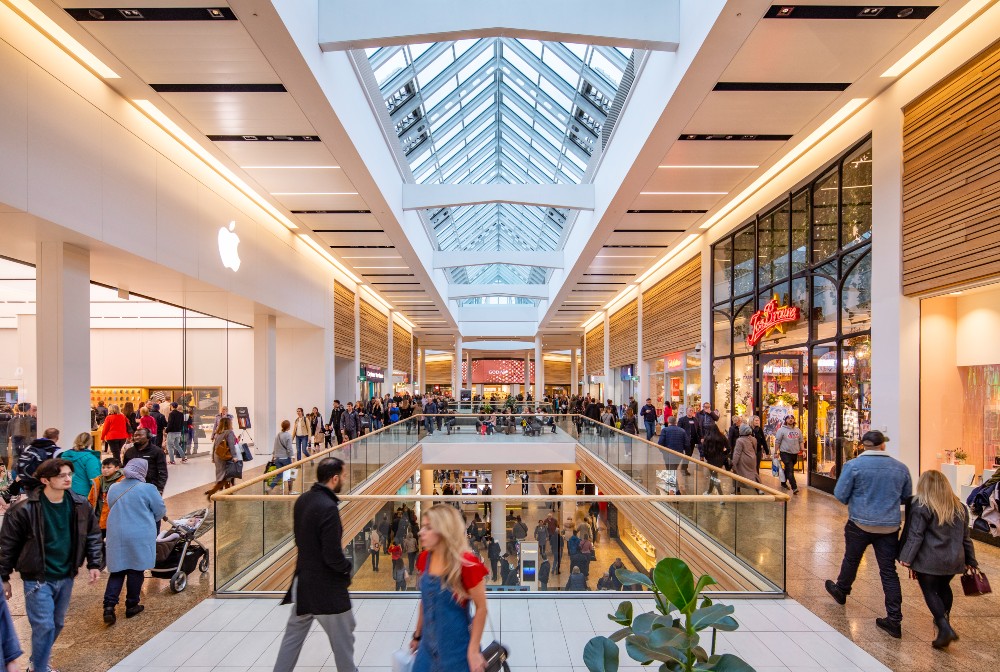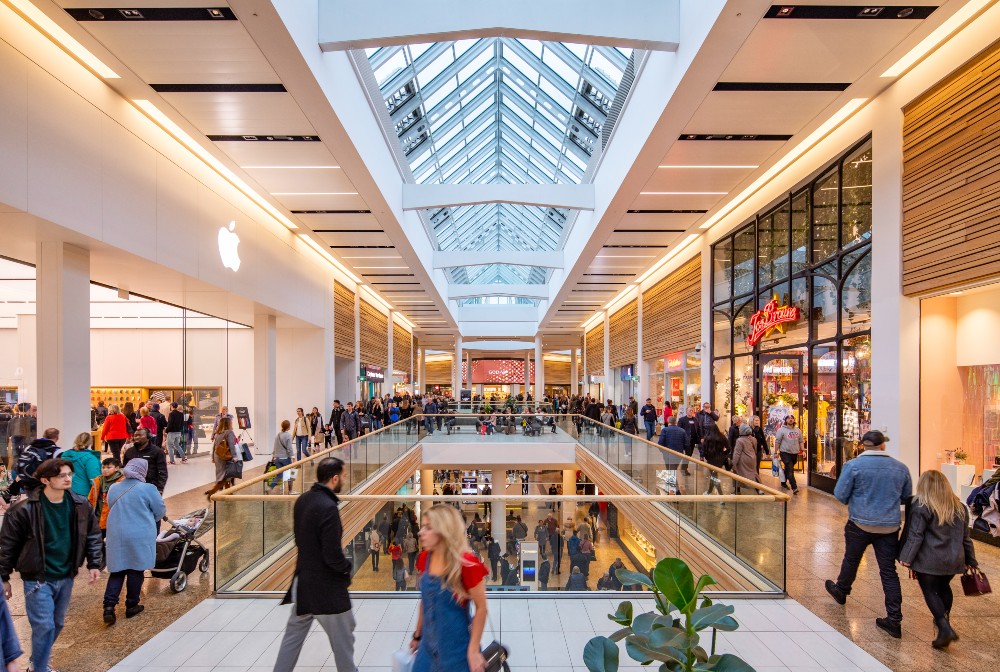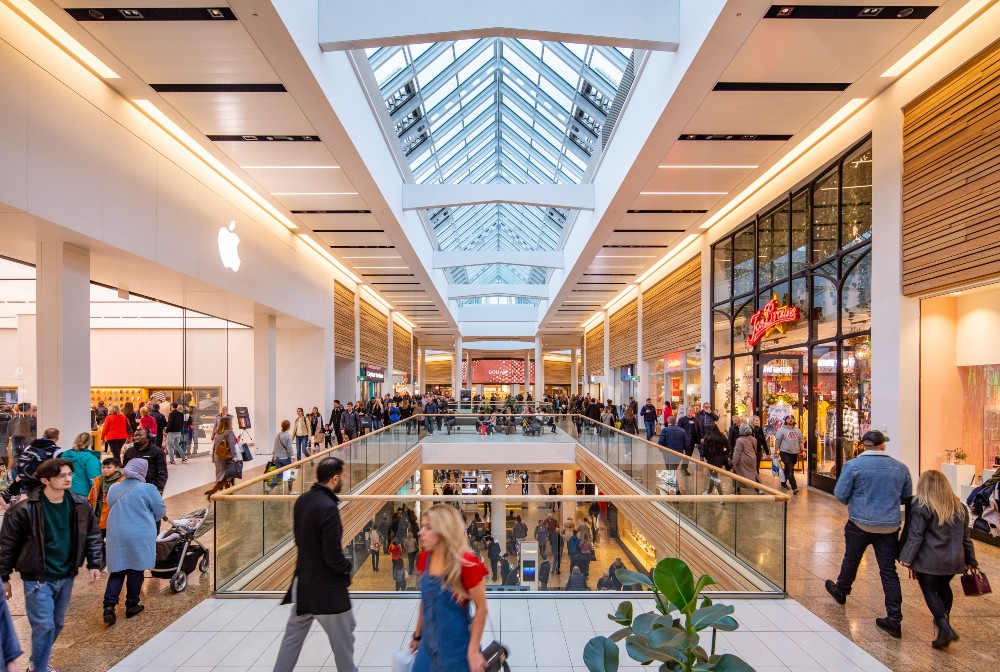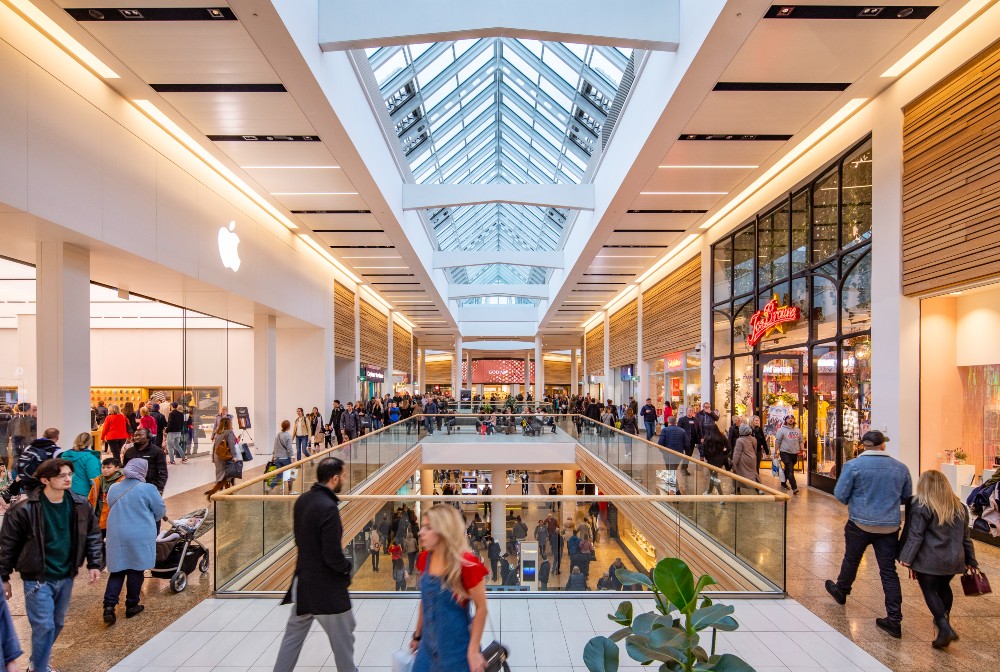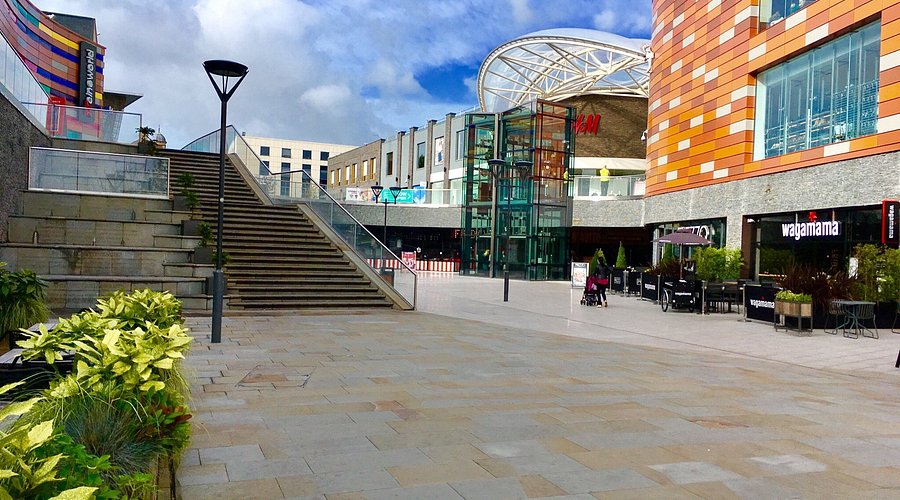Shopping Centre Events Insurance: Promotions & Entertainment Coverage
Shopping centres have evolved far beyond simple retail spaces, transforming into vibrant community hubs that host everything from seasonal celebrations to live entertainment, promotional events, and interactive experiences. While these events drive footfall and create memorable experiences for visitors, they also introduce unique risks that require specialized insurance coverage. Understanding the complexities of shopping centre events insurance is crucial for centre managers, event organizers, and retail operators who want to create engaging experiences while protecting their business interests.
The Evolution of Shopping Centre Events
Modern shopping centres recognize that events are essential for attracting customers, extending dwell time, and creating differentiation in an increasingly competitive retail landscape. From fashion shows on temporary catwalks to children's entertainment areas, food festivals, seasonal markets, and live musical performances, these events transform retail spaces into dynamic entertainment destinations.
However, each event type brings distinct risk profiles. A children's face-painting station presents different liability concerns than a live band performance, while a promotional car display involves different property risks than a pop-up food market. Shopping centre events insurance must be flexible enough to cover this diverse range of activities while providing comprehensive protection for all stakeholders involved.
Key Coverage Areas for Shopping Centre Events
Public Liability Protection
Public liability coverage forms the foundation of shopping centre events insurance, protecting against claims from members of the public who may be injured or suffer property damage during events. This coverage is particularly crucial given the high footfall in shopping centres and the diverse demographics of visitors, from young children to elderly shoppers.
Coverage typically includes slip and trip accidents around event installations, injuries from promotional activities, damage to personal property during events, and incidents involving event equipment or temporary structures. The policy should also cover legal costs and compensation payments, providing financial protection when accidents occur despite careful planning and safety measures.
Products Liability Coverage
When shopping centre events involve product sampling, food and beverage sales, or promotional giveaways, products liability coverage becomes essential. This protection covers claims arising from products distributed or sold during events, including food poisoning from sampling activities, allergic reactions to promotional products, or injuries caused by defective giveaway items.
For food-related events, coverage should extend to temporary food preparation areas, mobile vendors, and any catering arrangements. The policy should also consider the supply chain, covering products sourced from various suppliers and ensuring protection regardless of where liability ultimately lies.
Event Cancellation and Abandonment
Shopping centre events require significant investment in planning, marketing, equipment hire, and performer fees. Event cancellation coverage protects these investments when events must be cancelled or abandoned due to circumstances beyond the organizer's control, such as severe weather, performer illness, venue damage, or public safety concerns.
This coverage should include irrecoverable costs such as advance payments to suppliers, marketing expenses, equipment hire charges, and performer fees. The policy should also cover additional expenses incurred when rearranging postponed events, including venue hire extensions and additional marketing costs.
Equipment and Property Coverage
Events typically involve valuable equipment including sound systems, lighting rigs, staging, promotional displays, and temporary installations. Equipment coverage protects against theft, damage, or destruction of these items, whether owned by the shopping centre, hired from suppliers, or provided by performers and exhibitors.
Coverage should extend to equipment in transit, during setup and breakdown periods, and throughout the event duration. The policy should also consider the temporary nature of installations and the increased risk exposure in busy public spaces where equipment may be more vulnerable to accidental damage.
Specialized Event Types and Their Insurance Needs
Live Entertainment and Performances
Live entertainment events, from acoustic performances to full-scale concerts, require specialized coverage addressing performer liability, audience safety, and equipment protection. Coverage should include performer public liability, protection against noise complaints, and coverage for any structural modifications needed to accommodate performances.
The policy should also consider crowd control measures, emergency evacuation procedures, and the potential for events to overrun scheduled times, affecting other shopping centre operations. Coverage for performer cancellation and replacement costs ensures events can proceed even when original performers are unavailable.
Children's Entertainment and Activities
Children's events present unique risks requiring specialized coverage approaches. Activities such as face painting, balloon modeling, magic shows, and interactive games involve close contact with minors and require enhanced safeguarding considerations alongside traditional liability coverage.
Coverage should address the higher duty of care owed to children, potential allegations of inappropriate conduct, and the increased likelihood of accidents given children's unpredictable behavior. The policy should also cover specialized equipment used in children's entertainment and any temporary play areas or installations.
Seasonal and Holiday Events
Seasonal events such as Christmas markets, Easter celebrations, or Halloween activities often involve temporary structures, seasonal decorations, and themed activities that create additional risk exposures. Coverage should address the temporary nature of these installations and the increased fire risks associated with seasonal decorations.
Weather-related risks become particularly important for seasonal events, with coverage needed for weather damage to temporary structures and the potential for events to be cancelled due to adverse conditions. The policy should also consider the increased footfall during holiday periods and the associated liability exposures.
Promotional and Marketing Events
Product launches, brand activations, and promotional campaigns often involve interactive elements, giveaways, and customer participation activities. Coverage should address the liability risks associated with promotional activities, including competition-related disputes and claims arising from promotional prizes or giveaways.
The policy should also cover intellectual property risks, particularly when events involve branded content or licensed characters, and provide protection against claims of unfair competition or misleading advertising practices.
Risk Management Strategies
Pre-Event Planning and Risk Assessment
Effective risk management begins with comprehensive pre-event planning and risk assessment. This process should identify potential hazards, assess their likelihood and impact, and implement appropriate control measures. Risk assessments should be documented and regularly reviewed, with particular attention paid to high-risk activities and vulnerable groups such as children or elderly visitors.
The assessment should consider the event location within the shopping centre, potential conflicts with regular retail operations, emergency access requirements, and the capacity of existing safety systems to handle increased occupancy levels.
Vendor and Contractor Management
Many shopping centre events involve third-party vendors, contractors, and performers who bring their own risk exposures. Effective vendor management includes verifying insurance coverage, ensuring appropriate liability limits, and establishing clear contractual arrangements regarding risk allocation and insurance requirements.
Vendor agreements should specify minimum insurance requirements, include the shopping centre as an additional insured party where appropriate, and establish procedures for handling claims that may involve multiple parties. Regular monitoring ensures vendors maintain appropriate coverage throughout the event period.
Safety Protocols and Emergency Procedures
Robust safety protocols and emergency procedures are essential for managing event risks effectively. These should include crowd management procedures, emergency evacuation plans, first aid arrangements, and communication protocols for coordinating with emergency services.
Staff training ensures all team members understand their roles in emergency situations, while regular drills and exercises help identify potential improvements to emergency procedures. Clear signage and public announcements help ensure visitors understand safety requirements and emergency procedures.
Regulatory Compliance and Licensing
Shopping centre events must comply with various regulatory requirements, including health and safety legislation, licensing requirements for entertainment and alcohol sales, and local authority permissions for temporary structures or road closures. Insurance coverage should support compliance efforts and provide protection against regulatory breaches.
Coverage should include legal expenses for defending regulatory investigations, fines and penalties where insurable, and the costs of implementing remedial measures required by regulatory authorities. The policy should also consider the reputational impact of regulatory breaches and provide appropriate crisis management support.
Claims Management and Response
When incidents occur during shopping centre events, prompt and effective claims management is crucial for minimizing impact and maintaining stakeholder confidence. Insurance providers should offer 24/7 claims reporting facilities and rapid response capabilities, particularly for serious incidents that may attract media attention or regulatory scrutiny.
Claims management should include immediate incident response, evidence preservation, witness statement collection, and coordination with emergency services where necessary. The process should also consider the ongoing operation of the shopping centre and the need to minimize disruption to other retailers and visitors.
Choosing the Right Insurance Provider
Selecting an insurance provider with specific experience in shopping centre events insurance is crucial for obtaining appropriate coverage and support. Providers should demonstrate understanding of the unique risks associated with retail environments, event management, and the complex stakeholder relationships involved in shopping centre operations.
The ideal provider should offer flexible coverage options that can be tailored to specific event types, provide risk management support and guidance, and maintain strong relationships with specialist suppliers such as security companies, equipment hire firms, and event management specialists.
Cost Considerations and Budget Planning
Insurance costs for shopping centre events vary significantly based on event type, duration, expected attendance, and risk profile. Factors influencing premiums include the nature of activities involved, the venue's safety record, the experience of event organizers, and the adequacy of risk management measures.
Budget planning should consider not only insurance premiums but also the potential costs of claims, including policy excesses, business interruption losses, and reputational damage. Investing in comprehensive coverage and effective risk management often proves more cost-effective than accepting higher risk exposures to reduce premium costs.
Future Trends and Considerations
The shopping centre events landscape continues to evolve, with new technologies, changing consumer expectations, and emerging risk factors shaping insurance requirements. Virtual and augmented reality experiences, social media integration, and sustainability considerations are becoming increasingly important factors in event planning and risk management.
Insurance providers must adapt their coverage offerings to address these emerging risks while maintaining comprehensive protection for traditional event exposures. This includes considering cyber risks associated with digital experiences, environmental liability for sustainable event practices, and the evolving regulatory landscape surrounding data protection and consumer rights.
Conclusion
Shopping centre events insurance represents a specialized area requiring deep understanding of retail environments, event management, and the complex risk interactions that arise when combining commercial operations with public entertainment. Effective coverage must be comprehensive enough to address diverse risk exposures while remaining flexible enough to adapt to the creative and varied nature of modern shopping centre events.
Success in this area requires close collaboration between shopping centre managers, event organizers, insurance providers, and risk management specialists. By working together to understand risk exposures, implement effective control measures, and maintain appropriate insurance coverage, stakeholders can create engaging and memorable experiences while protecting their business interests and ensuring visitor safety.
The investment in comprehensive shopping centre events insurance and effective risk management pays dividends through reduced claim frequency, lower insurance costs over time, enhanced reputation, and the confidence to innovate and create distinctive experiences that drive footfall and commercial success.
For shopping centre operators looking to expand their events program or enhance their existing offerings, partnering with experienced insurance professionals who understand the unique challenges and opportunities in this sector is essential for long-term success and sustainable growth.
Contact Insure24 today on 0330 127 2333 to discuss your shopping centre events insurance requirements and discover how our specialized coverage can protect your business while enabling you to create exceptional experiences for your visitors.


 0330 127 2333
0330 127 2333
